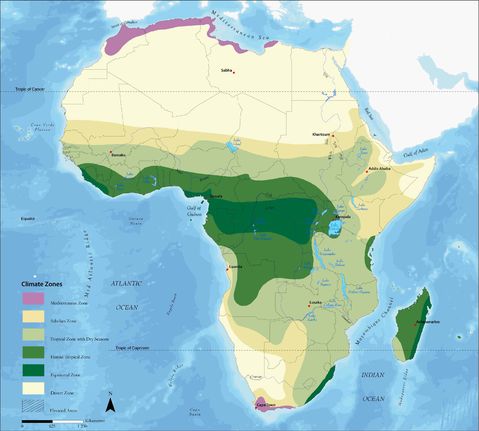Hercules56
Banned
- Joined
- Aug 4, 2013
- Messages
- 17,176
European & Asian cultures developed advanced civilizations, philisophies, architecture.
Sub-Saharan Africa appears to have developed none of this.
I have read many theories as to why this is, some suggesting that the warm climate year-round did not push cultures to struggle survive like the cold winters of Europe and Asia did, and this somehow inadvertantly caused Euros and Asians who develop more sophisticated societies than those areas where climate did not force people to think hard or die.
Is there anything to this?
I am not knocking native cultures, just trying to understand why things are the way they are.
Sub-Saharan Africa appears to have developed none of this.
I have read many theories as to why this is, some suggesting that the warm climate year-round did not push cultures to struggle survive like the cold winters of Europe and Asia did, and this somehow inadvertantly caused Euros and Asians who develop more sophisticated societies than those areas where climate did not force people to think hard or die.
Is there anything to this?
I am not knocking native cultures, just trying to understand why things are the way they are.

